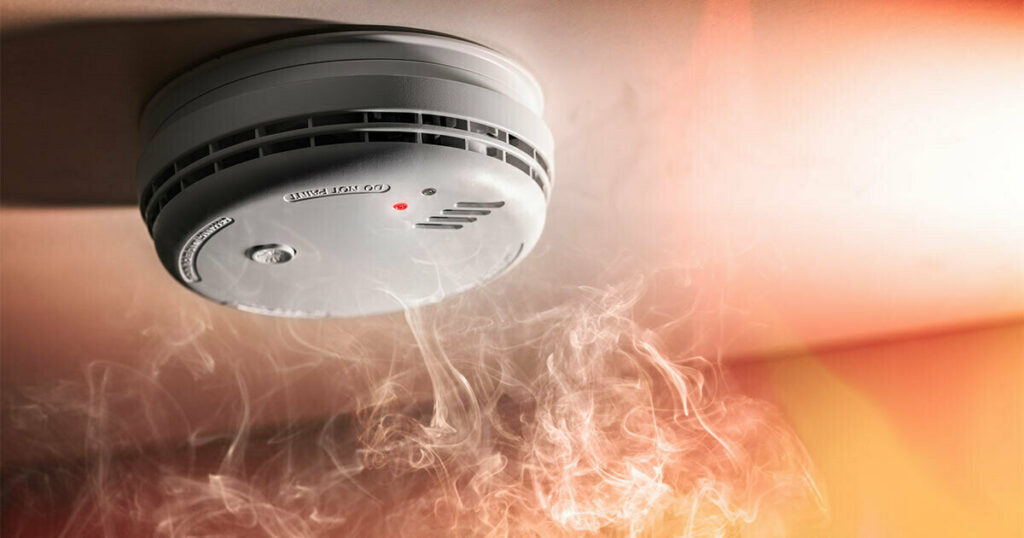
Decoding Smoke Detector Beeps
Most home fire fatalities occur in homes without working smoke detectors, making properly operating smoke detectors essential. Properly working smoke detectors beep when they detect smoke, of course. But smoke detectors have a language of beeps, with each beep pattern having a different meaning. Many devices also combine a smoke detector with a carbon monoxide detector.
Each alert (smoke/carbon monoxide) uses its own beep pattern.
Three long beeps: If you hear three continuous beeps followed by a break, your detector is signaling that it detects smoke. Most of us have inadvertently set off the smoke detector while cooking. The three-beep pattern, punctuated by a brief break, continues until the smoke has cleared.
Four long beeps: By contrast, a carbon monoxide alert uses a four-beep pattern. Carbon monoxide is an invisible, odorless gas that can be deadly. Possible sources include a car running in the garage, gas boilers or stoves, portable generators, or even a fireplace or wood stove.
Single chirp: A single chirp from a detector usually indicates a battery that needs to be replaced. Expect the chirp sound to repeat every 30 to 60 seconds, giving an audible reminder that you need a new battery. This feature exists in both battery-only detectors and wired detectors with a battery backup.
You should never ignore your smoke detector, but smoke detectors can occasionally have a false alarm. Dirt or dust can cause false alerts. Humidity and steam can also trigger a false alarm in some cases. Lastly, electrical issues in your home or a loose wire can also cause detectors to chirp.
Fires are the costliest type of homeowners insurance claims. Homes can be repaired or replaced, but lives may also be at risk. Properly working detectors offer an effective first line of defense to either extinguish a fire or get to safety and call the fire department. Set a reminder to replace the batteries in your smoke detector once each year, even if the detector hasn’t indicated the battery is getting weak.